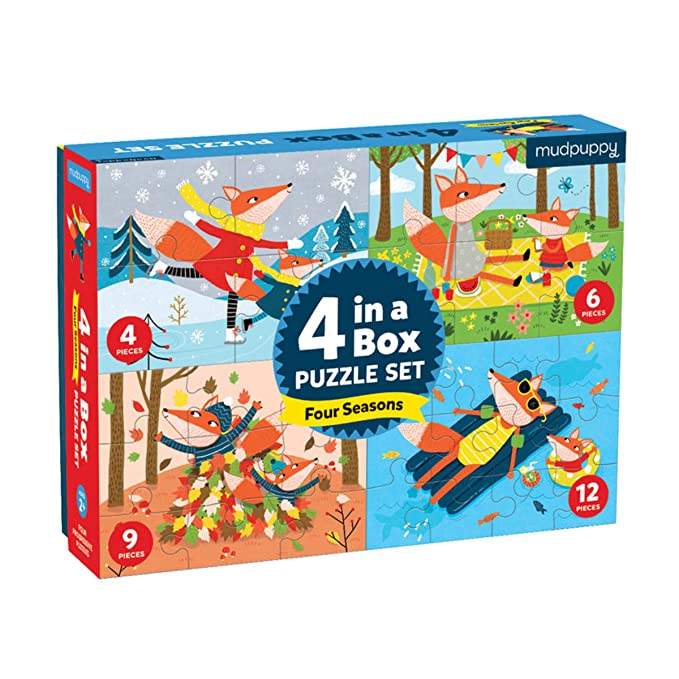As your child grows, their brain develops rapidly, with 3-year-olds being particularly receptive to new learning experiences. Toys, board games, and outdoor activities can play a significant role in stimulating their minds and promoting healthy brain development.
Playing with different types of toys can help enhance cognitive skills, such as memory, problem-solving, and creativity. Board games and puzzles can also be great tools for teaching your child social skills, such as taking turns and following rules. Meanwhile, outdoor activities can help your child develop their gross motor skills, balance, and coordination.
Here are some ideas for toys, board games, and outdoor activities that can help your 3-year-old’s brain development:
- Building blocks and construction sets
- Puzzles and board games
- Arts and crafts supplies
- Play kitchens and food sets
- Musical instruments and toys
- Tricycles, balance bikes, and scooters
- Climbing structures and playhouses
- Sandboxes and water tables
- Nature walks and scavenger hunts
Remember, children learn through play, so make sure to provide your 3-year-old with a variety of toys and activities that promote healthy brain development. With the right stimulation, your child’s brain can unlock endless possibilities.
In the end, it’s up to parents to facilitate their child’s learning and growth by providing the right tools and environment. By incorporating toys, board games, and outdoor activities into your child’s daily routine, you can help them unlock their full potential and set them on the path to success.

 Wishlist
Wishlist Login
Login 0 items
0 items Mumbai, India
Mumbai, India 2-way Shipping
2-way Shipping


